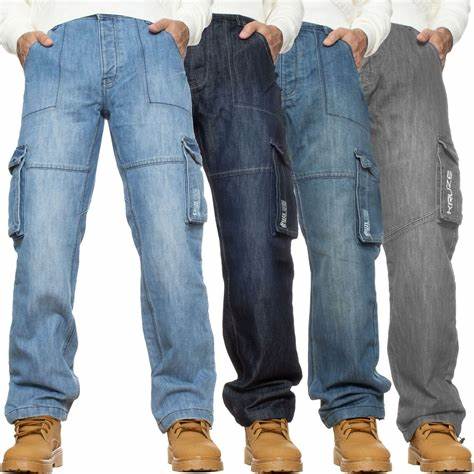The Bangladesh Textile Mills Association (BTMA) has urged the government to approve the import of recycled plastics and textile waste at a reduced 5 per cent specific duty, in a bid to stimulate the country’s textile industry and boost foreign exchange earnings.
Showkat Aziz Russell, President, BTMA opines, these materials could significantly contribute to the national economy through exports by serving as an essential import substitutes for the local market and.
Russell emphasized, allowing recycled plastics and textile waste to be used as raw materials for fiber production in the recycling textile industry could potentially add an additional $40-50 billion annually to Bangladesh’s export earnings. Protecting the interests of local industries by easing the import of all types of textile waste, including cotton waste, as they are crucial for producing recycled fibers, he stated.
In addition, Russell requested the interim government to impose an immediate ban on the export of PET bottles and flakes. He also urged the government to reconsider the environment ministry’s recent notification banning single-use plastics, issued on August 27, after consulting with all relevant stakeholders.
As per the letter, Bangladesh imports 1,200 tons of polyester stable fiber (PSF) annually, costing the country significant foreign exchange. If domestically produced using recycled PET bottles, the country could save up to $150 million per year.
Bangladesh could generate $40-50 billion annually from non-cotton textiles and apparel products by 2030, driven by efficient use and export of recycled plastics, Russell pointed out.
The BTMA's proposal highlights the potential for Bangladesh to capitalize on the growing global demand for sustainable, recycled materials in the textile and apparel sectors, positioning the country as a key player in the circular economy.










